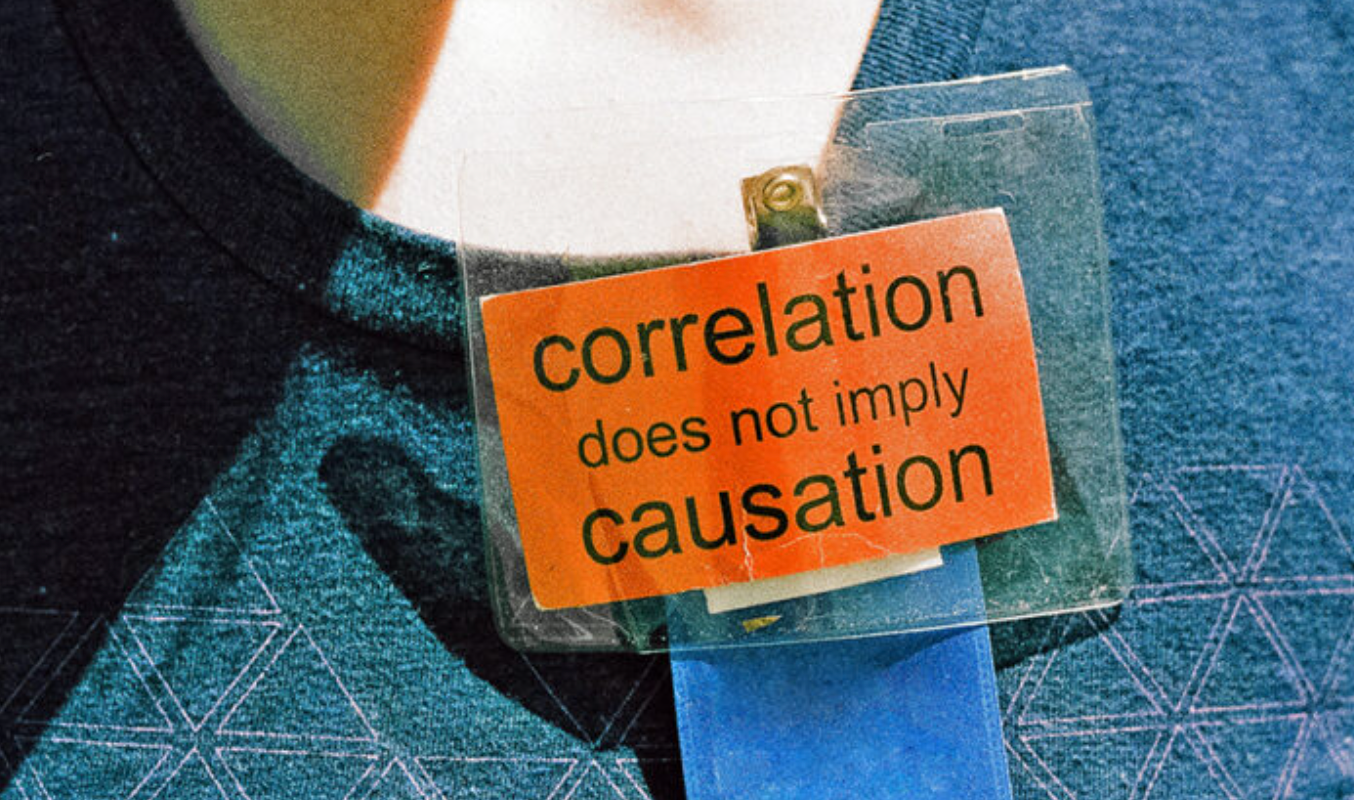
In a move that could reshape the landscape of public diplomacy research and practice, the United States Department of State is taking steps to establish Federally Funded Research and Development Centres (FFRDCs) dedicated to supporting diplomatic practice and modernisation. This development, which marks a significant shift towards public-private research collaboration in US diplomacy, offers valuable insights for the UK and the broader community of public and cultural diplomacy researchers and practitioners.
The US Proposal: A Brief Overview
The proposal for these FFRDCs is the culmination of nearly 25 years of advocacy by various groups and individuals seeking to enhance diplomatic practice through research and development. These centres are set to focus on three main areas:
1. Operational support and innovation
2. Research on emerging threats and concept exploration
3. Information technology and cyber operations
This approach mirrors a model long used by the US military, adapting it for the diplomatic sphere. The centres aim to facilitate collaboration between government practitioners and experts from academia, non-profit organisations, and businesses, providing independent, objective expertise free from organisational interests.
Implications for the UK and the Field of Public Diplomacy
As researchers and practitioners in public and cultural diplomacy, we should consider the potential implications of this development for our field, particularly in the UK context:
1. Rethinking Research Collaboration
The US move towards FFRDCs challenges us to reconsider how we structure research collaboration in public diplomacy. In the UK, where institutions like the British Council and the GREAT Britain campaign already engage in soft power projection, could a similar model of public-private research centres enhance our capabilities? This approach could offer a more systematic way of leveraging external expertise while maintaining a focus on practical diplomatic needs.
2. Addressing Emerging Threats and Innovation
The emphasis on researching emerging threats and fostering innovation in diplomatic practice is particularly relevant in our rapidly changing global context. For UK researchers and practitioners, this underscores the need to develop more agile research methodologies and to closely align our work with evolving diplomatic challenges.
3. The Digital Frontier of Public Diplomacy
The inclusion of IT and cyber operations in the US research agenda highlights the growing importance of digital diplomacy and cybersecurity in soft power projection. This serves as a reminder for UK researchers to intensify our focus on the digital aspects of public diplomacy, from social media engagement to countering disinformation.
4. Balancing Independence and Relevance
The discussion around who should set the research agenda for these centres – allowing some independence while also addressing immediate diplomatic needs – resonates with ongoing debates in our field. How can we, as researchers, maintain academic rigour and independence while ensuring our work remains relevant and applicable to practice?
5. Interdepartmental Collaboration
The proposed management structure involving different State Department offices offers insights into how we might better coordinate public diplomacy efforts across various government departments and agencies in the UK. This could lead to more cohesive and effective soft power strategies.
6. Evaluation and Impact Assessment
The suggestion to research the impact of high-level diplomatic engagement addresses a crucial gap in our field. As researchers, we should consider how we can develop more robust methodologies for assessing the effectiveness of public diplomacy initiatives, both in the UK and globally.
7. Linking Research to Strategy
The proposal to integrate research with strategic planning processes challenges us to think about how we can better align our research with broader foreign policy goals. This could lead to more impactful and policy-relevant research in public and cultural diplomacy.
Looking Ahead
The US move towards establishing these research centres represents a significant shift in approach to diplomatic practice and soft power projection. For the UK and the broader community of public diplomacy researchers and practitioners, this development offers an opportunity to reflect on our own approaches and potentially reshape how we conduct research, collaborate with government entities, and adapt to the changing landscape of global diplomacy.
As we observe these developments across the Atlantic, we should consider how similar initiatives might be adapted to suit the UK context and our unique soft power assets. Could a network of research centres, perhaps linked to existing institutions like universities or think tanks, provide a new model for public diplomacy research in the UK?
Moreover, this US initiative raises broader questions for our field: How can we ensure that public diplomacy research remains relevant and responsive to real-world challenges? How might we foster greater collaboration between researchers and practitioners? And how can we leverage technological advancements to enhance both the practice and study of public diplomacy?
As researchers and practitioners, we have a crucial role to play in shaping the future of public diplomacy. The US developments offer us a valuable opportunity to reimagine our approaches, fostering innovation and collaboration that can enhance the impact and effectiveness of public diplomacy in the UK and beyond.